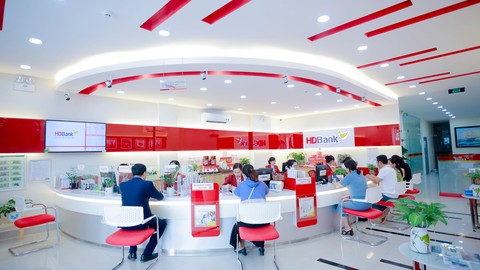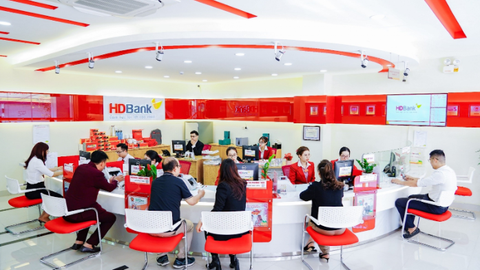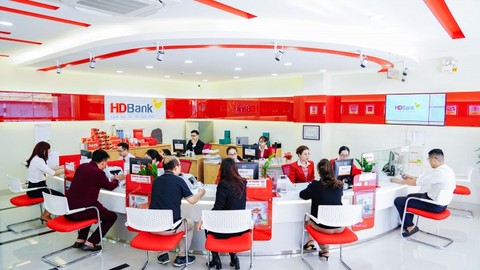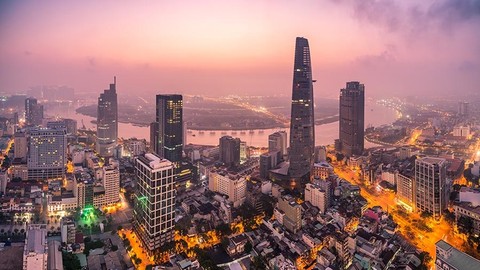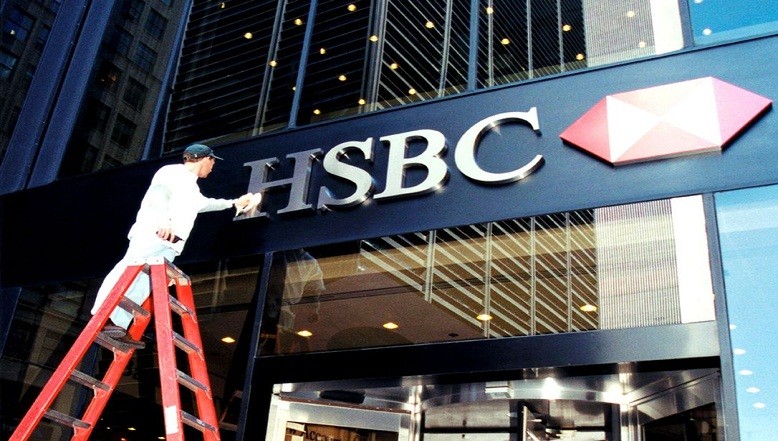
Supported by HSBC, the fifth iteration of the Climate Bonds’ ASEAN State of the Market report series is officially launched, analysing key developments during 2022 in the green bond and broader sustainable finance market in six ASEAN countries including Indonesia, Malaysia, Philippines, Singapore, Thailand and Vietnam.
Across ASEAN, green, social, sustainability, sustainability-linked and transition (GSS+) debt market in 2022 saw a contraction of 32% YOY, in line with the global trend (-24% YOY globally – USD858.5bn in 2022 vs. USD1.1tn in 2021). Despite that, volumes stayed robust at almost twice the level of 2020 and many positives remain, including increased sovereign issuances and a range of policy and market development initiatives that has further strengthened the regulatory and technical landscape. There was also tremendous growth of GSS+ issuance observed in Indonesia and the Philippines, largely attributed to robust sovereign issuance and record amounts issued in the green Sukuk and social bonds category.
Larger deal sizes and longer tenors with Sovereigns staying strong
ASEAN saw an increase in deal sizes and tenors – a considerably higher share (71% in 2022 vs. 52% in 2021) of deals were benchmark-size (USD500m+), and the first sustainability bond with a tenor of over 20 years (excluding perpetual) was issued in 2022 in the Philippines. Across the six markets covered (Indonesia, Malaysia, Philippines, Singapore, Thailand, and Vietnam), Singapore was top in most debt segments, representing 63% of the cumulative volume and 60% of 2022.
Sovereign issuances play a key role in stimulating market activity and development as well as in allocating large amounts of capital to sustainable projects and activities. In 2022, Singapore and the Philippines joined the ASEAN's Sovereign club. Sovereign issuance in the region is concentrated in sustainability bonds, which enable governments to raise funds for a combination of green and social projects.
Active year for policy and market development initiatives
2022 was an active year for policy and market development initiatives in the region, with the release of a regional ASEAN Sustainability-Linked Bond Standards, as well as stakeholder consultation on the first version of ASEAN Taxonomy conducted throughout the year, alongside a range of national-level sustainable finance initiatives and measures by respective ASEAN Member States, including but not limited to the spheres of disclosures, transition finance and taxonomies.
Kelvin Tan – Managing Director, Head of Sustainable Finance and Investments, ASEAN, HSBC said: “The sustainable finance market in ASEAN is now at an inflection point. The frequent sovereign issuances, which have become the norm in ASEAN, indicate a high level of interest from governments in the region to develop the market. Additionally, with greater awareness and stronger business impetus as a result of recent developments in policies and taxonomies, this sets a very promising tone for the future of sustainable finance in the region. We must continue with this momentum and build on the strong private-public partnership in the region, such as the Just Energy Transition Partnerships in Indonesia and Vietnam, to allow for more financing to be deployed to support the transition to a net-zero future.”
Tim Evans, CEO of HSBC Vietnam said: "As economies in ASEAN face the threat of climate change, both physical as well as transition risks, banks like HSBC have an important role to play in providing thought leadership as well as providing funding to mitigate these risks and support our clients in their transition plans. In early 2022, we announced our commitment to help arrange up to $12 billion of direct and indirect sustainable financing for Vietnam and its corporate sector by 2030. This year, we have joined the GFANZ Working Group to continue our work alongside the Vietnamese Government to help mobilise private capital to support Vietnam's Just Energy Transition Partnership (JETP). Together with the efforts and policies on sustainable finance advocated by the ASEAN governments, we are positive that the sustainable finance market in ASEAN and Vietnam will continue to grow over the next years and provide the necessary support to the region's net zero objectives".
